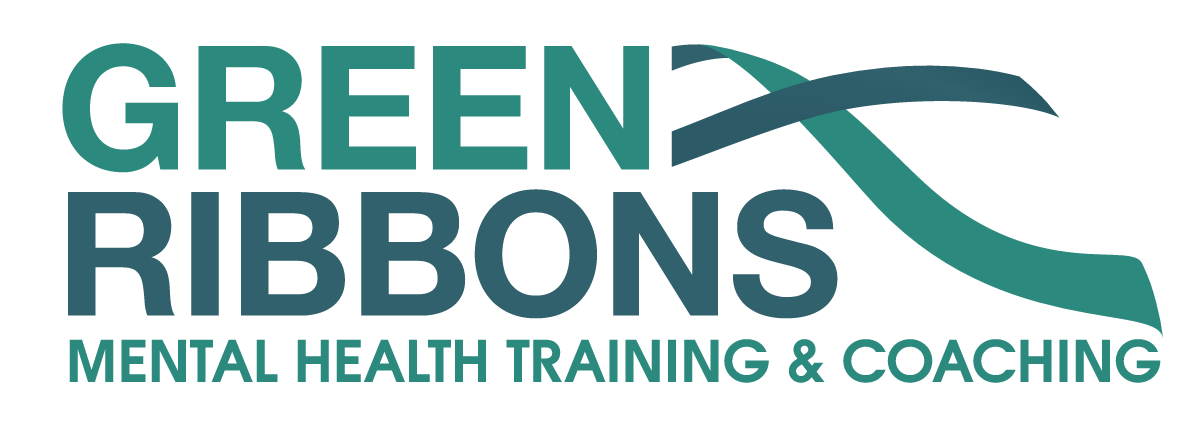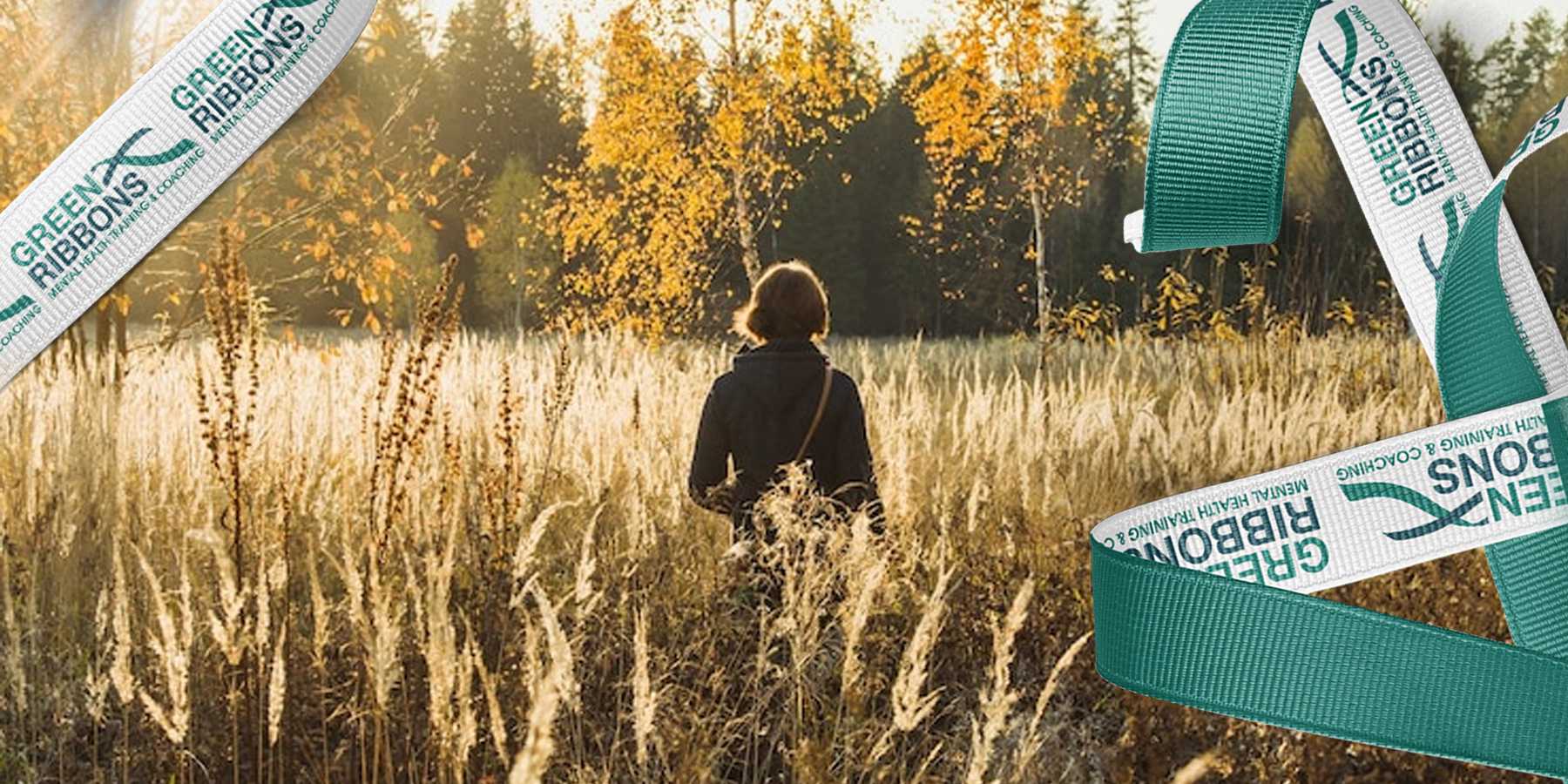Introduction
As we’re in the midst of Mental Health Awareness Week, the spotlight is firmly on a condition that impacts many of us: anxiety. The focus this year is to increase our understanding of this common, yet often misunderstood condition. And while there are many ways to address and manage anxiety, we’re going to explore a unique and accessible tool in our anxiety-management toolbox: the great British outdoors.
Throughout history, we’ve turned to Mother Nature as a source of comfort and healing. A simple walk in the park, a moment with a cup of tea in the garden, or a weekend ramble in the countryside—these seemingly ordinary activities have an extraordinary impact on our mental well-being. There’s a tranquillity to be found amongst the leaves, mossy trees, and the sometimes vibrant, sometimes drab hues of the British outdoors that has the power to heal our anxious minds.
Walking is perhaps the most accessible activity we can all partake in, regardless of our fitness level or geographical location. A leisurely stroll in a local park or nature reserve helps disconnect us from the ceaseless thrum of the digital world. The cadence of your steps, the rustle of leaves underfoot, the chorus of bird songs—these experiences root us in the present moment and can provide respite from spiralling anxious thoughts.
Cycling is another option, offering the same benefits and more. Apart from the cardiovascular gains, cycling enables us to engage in a form of active meditation, focusing on the physical act of pedalling, which can shift our attention away from worries and towards the world around us.
Even in the heart of our towns and cities, the small green spaces—the parks, the gardens, the community allotments—serve as urban oases. These pockets of nature can deliver a sense of peace that contrasts sharply with the concrete and busyness of city life.
In Japan, there is a practice known as ‘forest bathing’ or ‘Shinrin-Yoku’ which is gaining global recognition for its mental health benefits. It’s not about exercise or getting from point A to point B, but simply being in nature, quietly observing, and connecting with the environment around you. British woodlands, with their rich tapestry of bird songs, rustling leaves, and the earthy scent of damp moss, provide the perfect setting for such a practice.
Let’s not forget water. Whether it’s a lake, stream, or sea, bodies of water have been proven to reduce stress and anxiety. The ‘blue mind’ theory proposes that being near water can indeed make you calmer and more creative. As an island nation, we have plenty of opportunities to test this theory, be it a weekend beach trip or a quiet moment by a canal.
Being out in the open air provides not only a sense of freedom but also an opportunity for physical activity, which is known to reduce anxiety levels. Whether you choose a leisurely walk, a vigorous hike, or a peaceful yoga session in your local park, the added benefits of sunlight (hello, Vitamin D!) and fresh air can significantly enhance your mood and lower anxiety.
Key Tips
- Start Small: If you’re new to outdoor activities or feeling overwhelmed, start with small, achievable goals. This could be as simple as a daily ten-minute walk around your local park or garden.
- Make it a Routine: Try to integrate outdoor activities into your daily routine. Consistency can help form a habit, and having a regular connection with nature can help maintain reduced anxiety levels.
- Be Mindful: When you’re in nature, try to engage all your senses. What can you see, hear, smell, touch? Mindfulness enhances the benefits of being in nature, as it brings you fully into the present moment.
- Mix it Up: Variety can help keep things interesting. Try a new hiking trail, visit a different park, or switch between activities like cycling, walking, or outdoor yoga.
- Consider a ‘Green Gym’: Across the UK, ‘Green Gym’ initiatives encourage people to improve their fitness and mental well-being through conservation work in the great outdoors. It’s a fantastic way to connect with nature while contributing to your local environment. Visit the Conservation Volunteers‘ website to find a Green Gym near you.
The Science Bit
Spending time in nature has a profound impact on our brains and our behaviour, helping us to reduce anxiety, brooding, and stress, while increasing our attention capacity, creativity, and ability to connect with other people.
The Colour Green
The colour green, often associated with nature, is found to have calming effects and is associated with feelings of tranquillity, happiness, comfort, peace, and relaxation. Research has shown that even brief exposure to the colour green can induce relaxation and stress relief.
- Colour Psychology: In colour psychology, green is associated with balance and harmony. It’s a colour often seen in nature and creates a sense of calm and tranquillity.
- Attention Restoration Theory (ART): This theory proposes that looking at green spaces can shift the brain into a more relaxed mode of processing, facilitating a state of contemplation that can help restore attention and reduce mental fatigue.
Physical Activity
Physical activity has been consistently linked to anxiety reduction, and doing so outdoors can amplify these benefits.
- Endorphin Release: Physical activity triggers the release of endorphins, chemicals in your brain that act as natural painkillers and mood elevators.
- Reduced Cortisol Levels: Regular physical activity can regulate your cortisol levels, the body’s primary stress hormone, helping to reduce feelings of anxiety and stress.
Nature and Mindfulness
Nature encourages mindfulness, a state of active, open attention on the present, often used as a therapeutic technique to reduce anxiety.
- Present Moment Awareness: Nature’s unique sights, sounds, and smells can disarm our usual defence mechanisms, encouraging a focus on the present moment and a break from our habitual patterns of thought.
The Role of Vitamin D
Spending time outside in the sunshine increases Vitamin D levels, which are believed to help manage anxiety.
- Serotonin Production: Vitamin D helps with the conversion of tryptophan into serotonin, the neurotransmitter that helps regulate mood and social behaviour. Serotonin deficiency can lead to anxiety and depression.
- Vitamin D Receptors in the Brain: These receptors are found in the regions linked to the development of depression, suggesting a link between low Vitamin D levels and mental health issues.
Remember, everyone’s reaction to nature is personal, and the degree to which you find outdoor exposure beneficial can depend on your individual preferences, past experiences, and current circumstances. However, the science behind it shows that there’s certainly merit in the phrase “a breath of fresh air” when it comes to managing anxiety.
Resources
- Nature 4 Health (NFH): Nature 4 Health is a program in Moray that aims to improve mental health and well-being through engagement with nature. They offer a range of activities, including nature walks, gardening projects, and outdoor mindfulness sessions. NFH provides a supportive environment for individuals to connect with nature and find relief from anxiety. Website
- Health Walks Scotland: Health Walks Scotland is a national program that encourages people to participate in group walks for improved physical and mental well-being. In Moray and throughout Scotland, you can find organized health walks that take place in scenic natural settings, offering an opportunity to enjoy the outdoors while benefiting from gentle exercise and social interaction. Website
- Moray Council Countryside Ranger Service: The Moray Council’s Countryside Ranger Service offers various programs and events focused on exploring and appreciating nature in Moray. They provide guided walks, wildlife spotting opportunities, and educational activities. Website
- Forestry and Land Scotland: Forestry and Land Scotland is responsible for managing and caring for Scotland’s national forests and land. Their website provides information about the forests and outdoor recreational activities available throughout Scotland, including Moray. Website
- Moray Coast Trail: The Moray Coast Trail is a picturesque coastal walking route that stretches along the Moray Firth. It offers stunning views, wildlife encounters, and a peaceful environment for relaxation and stress reduction. Website
- Findhorn Foundation and Community: Located in the Moray area, the Findhorn Foundation and Community is an internationally renowned spiritual community that emphasizes sustainable living, personal growth, and connection with nature. They offer workshops, retreats, and events focused on holistic well-being. Website
- Scottish Wildlife Trust: The Scottish Wildlife Trust is dedicated to conserving Scotland’s wildlife and habitats. Their website provides information on nature reserves and wildlife events in different regions, including Moray. Exploring these reserves can provide a tranquil and rejuvenating experience. Website
- Moray Wellbeing Hub: The Moray Wellbeing Hub is a local resource that promotes mental health and well-being support services in Moray. They provide information on various activities, support groups, and organizations that can assist individuals with anxiety management. Website
- Go Jauntly: This app offers walking routes and hiking trails curated by its community of users. It has a variety of options across the UK, allowing you to discover new places to enjoy nature.
- OS Maps: An online map system by the Ordnance Survey, perfect for finding new paths, trails, and greenspaces to explore.
- Natural England and NatureScot: These government sites provide a wealth of information on the great outdoors, from national nature reserves to long-distance walking routes.
- Mind (UK Mental Health Charity): Provides comprehensive advice and support to anyone experiencing a mental health problem, including guidance on ecotherapy, a type of formal treatment which involves doing activities outside in nature.
Remember, the journey to managing anxiety is personal, and what works for one person might not work for another. Give yourself permission to find what suits you best in your own time. The most important thing is to take that first step, whether it’s out your front door for a stroll around the block, or into a sprawling green forest.
In conclusion, nature has an immense role to play in managing anxiety, particularly as we recognise and respect Mental Health Awareness Week. It doesn’t require a grand adventure or a journey to distant wilds; it begins right at your doorstep. So, why not put on a warm jumper, step outside, and let the soothing greens of nature do their magic











